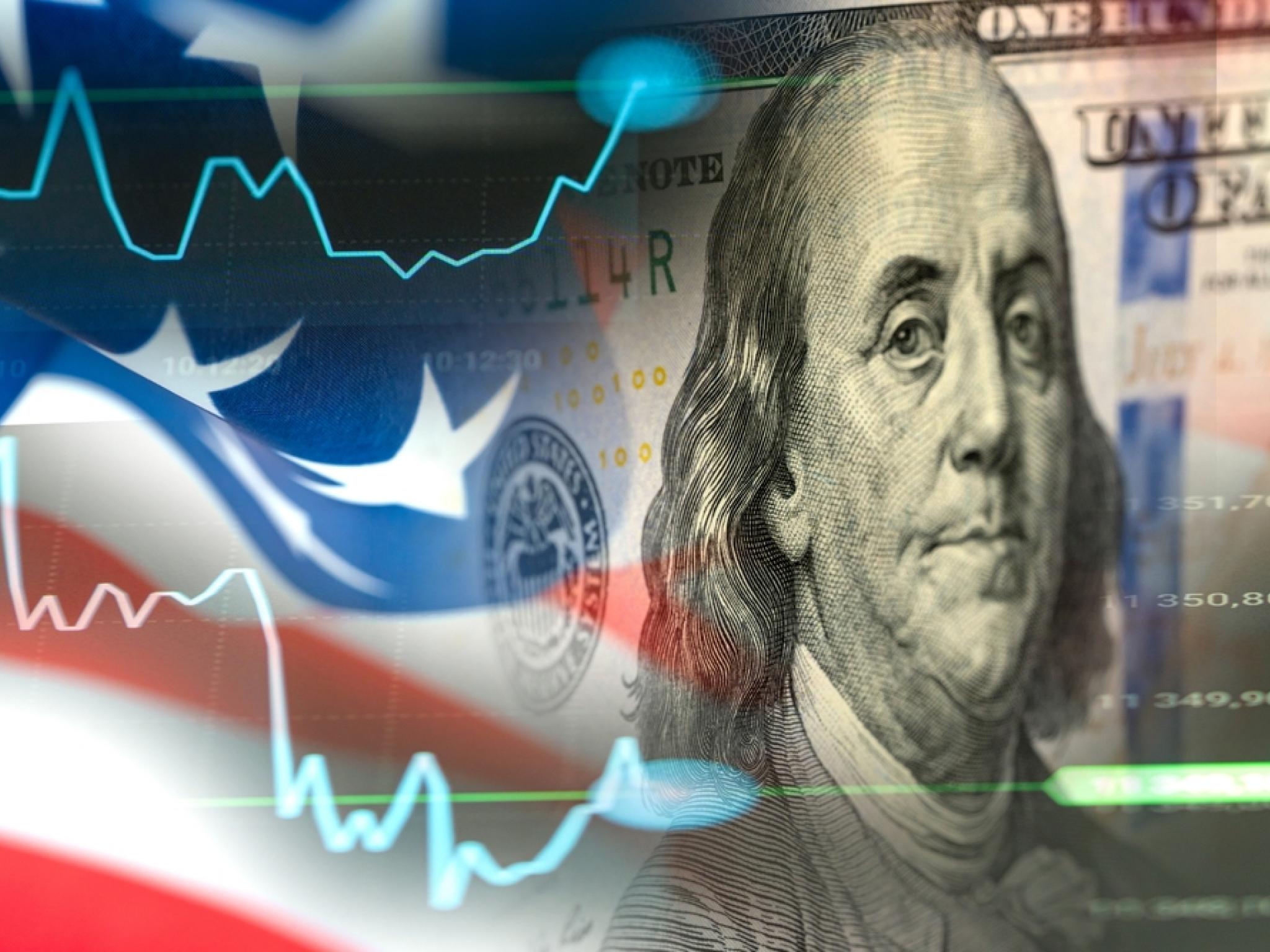Warren Mosler, a prominent figure in Modern Monetary Theory (MMT) and American entrepreneur, echoed the sentiments of experts such as Stanley Druckenmiller, Citadel’s Ken Griffin has criticized the U.S. government’s spending habits, comparing them to a “drunken sailor.”
What Happened: Mosler expressed his concerns on the Odd Lots podcast. He highlighted the perilous mix of high debt levels and large deficits, along with a Federal Reserve still using traditional inflation-fighting tactics through high interest rates, Bloomberg reported on Monday.
Mosler, whose work has greatly influenced the MMT movement, said that a 7% deficit as a percentage of gross domestic product, in a non-recessionary period, is similar to a “drunken-sailor level of government spending.”
His comments add to the ongoing debate on whether higher interest rates might inadvertently fuel inflation through the so-called interest income channel.
See Also: Nasdaq, S&P 500 Set For Negative Start: What’s Driving Futures Lower
Mosler’s unique view on monetary policy suggests that economists have neglected the stimulus provided when U.S. Treasury holders receive their regular coupon payments. He contends that central bank rate hikes have indirectly led to increased government spending, a factor that mainstream economists have largely overlooked.
Despite his criticisms, Mosler sees little risk of a recession due to the large amount of money entering the system. However, he did add a caveat, stating that if the 7% deficit leads to a total economic collapse, “You’ll never hear from me again.”
Why It Matters: The Congressional Budget Office (CBO) had previously warned about the rising federal deficit, with interest costs set to surpass defense spending for the first time. This trend is expected to keep budget deficits at or above 5.5% of GDP through 2034.
Furthermore, the U.S. economy saw a modest increase in real GDP at an annual rate of 1.4% in the first quarter of 2024, driven by reduced consumer spending, exports, and government spending. This slowdown was a decrease from the 3.4% growth in the fourth quarter of 2023.
Earlier, real estate tycoon Grant Cardone had also blamed the “out of control” government spending for inflation.
Read Next:
Image via Shutterstock
This story was generated using Benzinga Neuro and edited by Pooja Rajkumari
